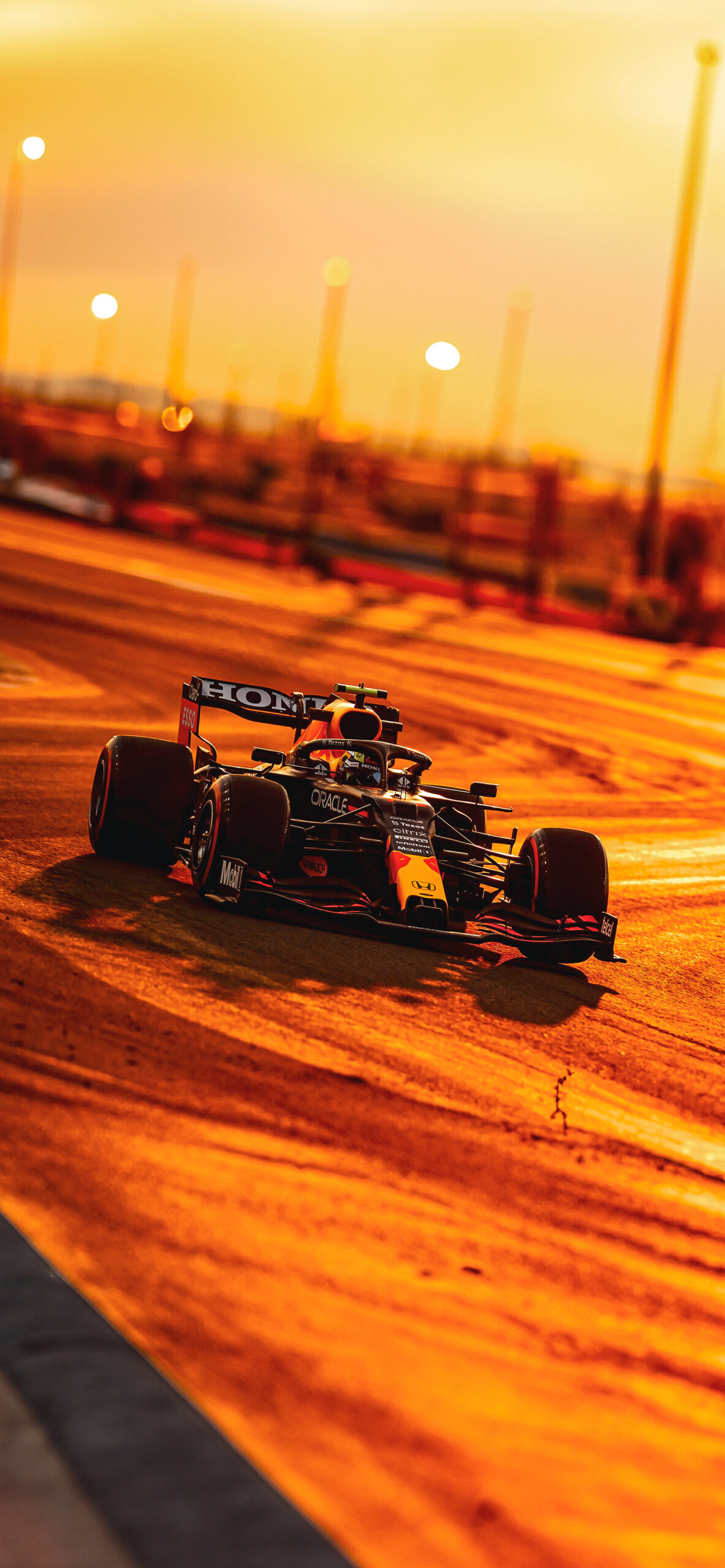
Premier League clubs have voted overwhelmingly in favor of maintaining the use of Video Assistant Referee (VAR) technology for the upcoming season, despite growing criticism and a formal proposal from Wolverhampton Wanderers to scrap the system.
The decision to retain VAR comes amid ongoing debates about its impact on the game, with concerns raised over increased delays, diminished goal celebrations, and the overall integrity of the league. However, the Premier League and the Professional Game Match Officials Limited (PGMOL) remain steadfast in their commitment to the technology, citing its ability to improve decision-making accuracy and reduce clear errors.

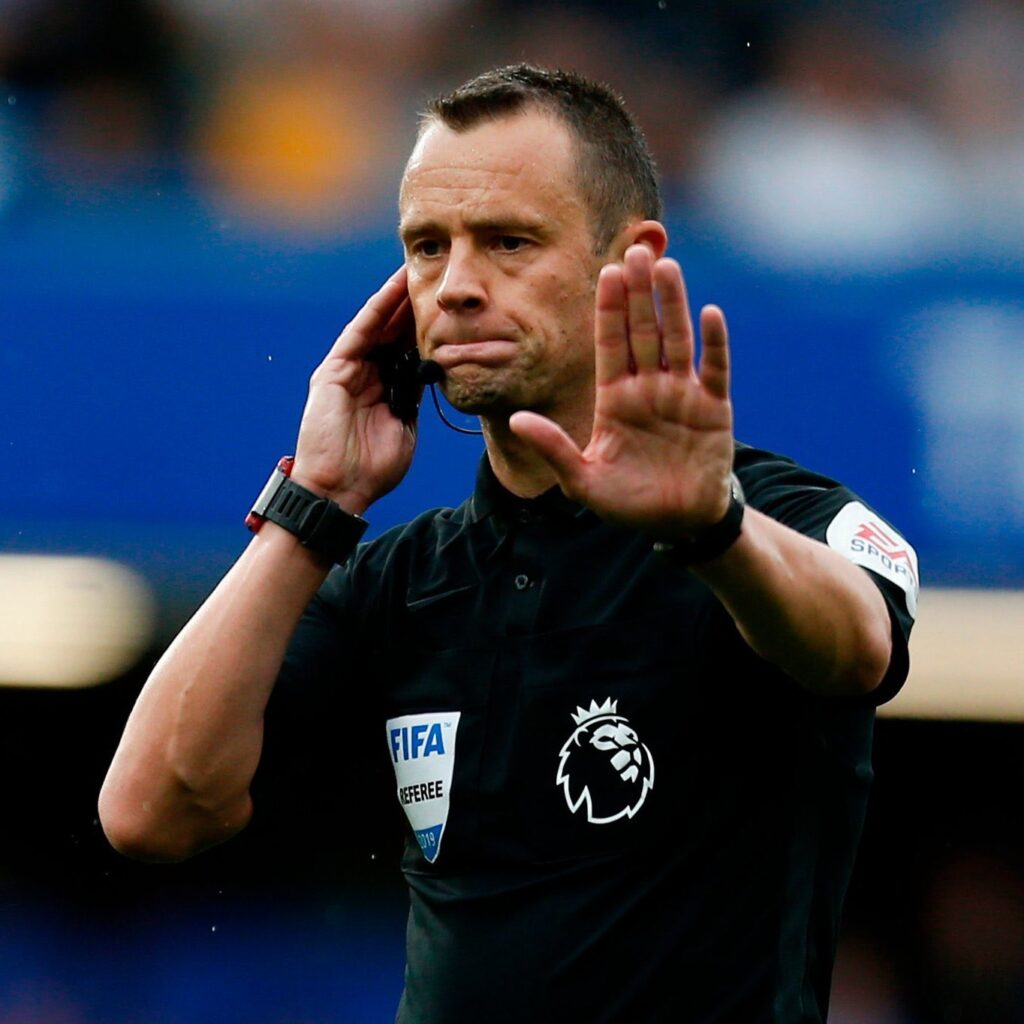
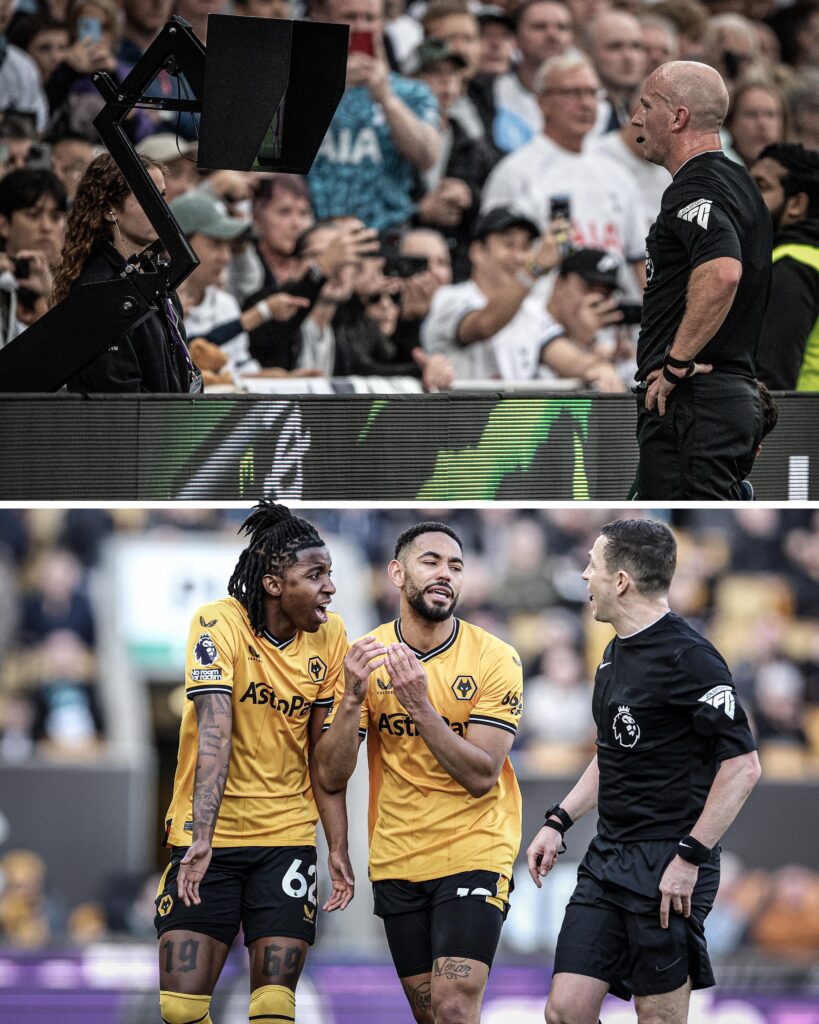
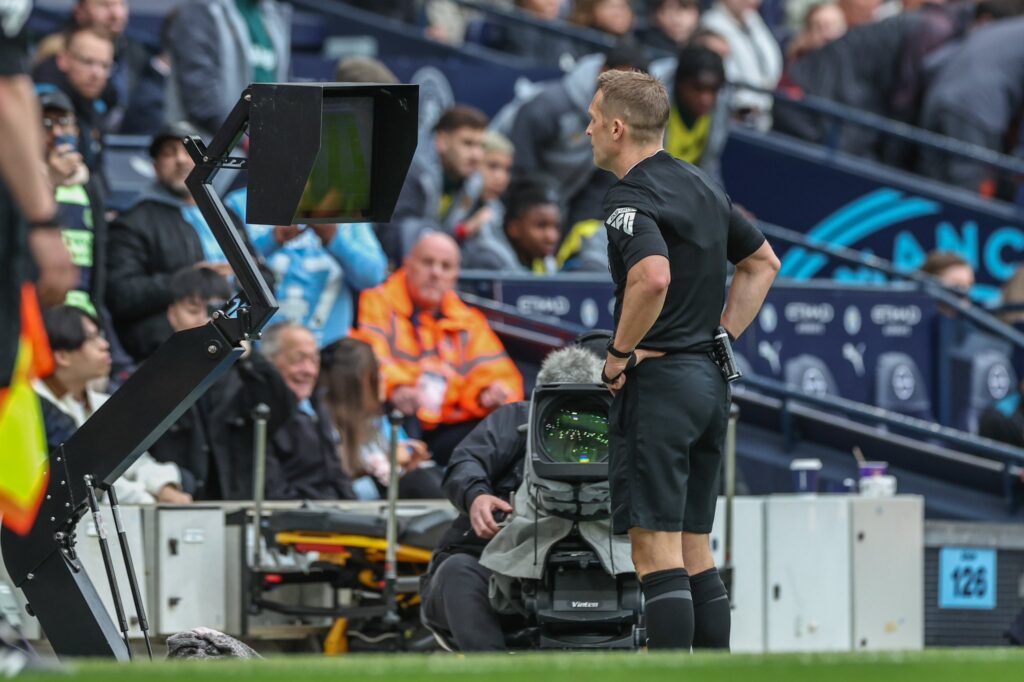
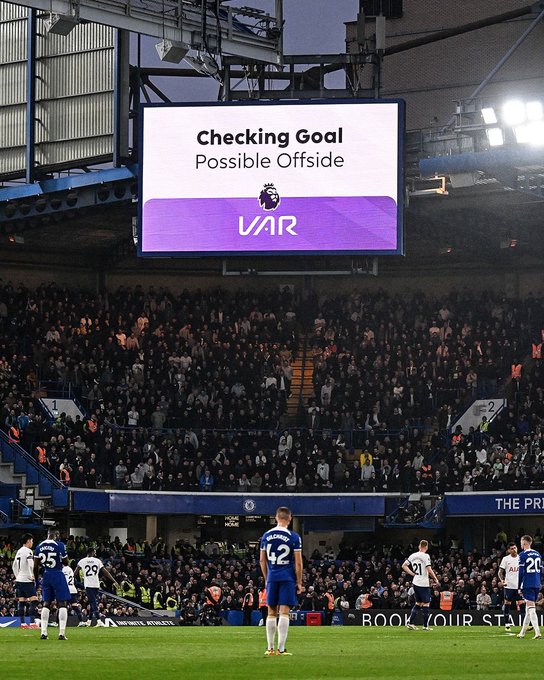
Clubs Vote to Keep VAR
At the Premier League’s Annual General Meeting, 19 out of the 20 clubs voted in favor of continuing the use of VAR, with only Wolverhampton Wanderers voting to remove the system.1This outcome was not entirely unexpected, as the Premier League had been vocal in its support for VAR and the potential challenges of removing it.
Wolves’ proposal to scrap VAR was driven by the team’s belief that the “price we are paying for a small increase in accuracy is at odds with the spirit of our game.” The club outlined a host of concerns, including the impact on goal celebrations, fan frustration, and the disruption to the flow of the game.4
However, the Premier League’s stance is that removing VAR would not be the right path forward, as it could lead to an increase in incorrect decisions and further undermine the league’s reputation among Europe’s top divisions. The league also pointed to upcoming improvements, such as the introduction of semi-automated offside technology (SAOT) and in-stadium VAR announcements, as evidence of its commitment to enhancing the system.
Ongoing Challenges and Proposed Improvements
While the Premier League has maintained its support for VAR, it acknowledges the need for continued improvements to address the concerns raised by clubs and fans. As part of the discussions at the Annual General Meeting, six key areas were identified as the focus for ongoing work to improve the system:
- Maintaining a high threshold for VAR intervention to deliver greater consistency and fewer interruptions to the flow of the game.
- Reducing delays to the game, primarily through the introduction of semi-automated offside technology (SAOT) and the maintained high threshold for VAR intervention.
- Improving fan experience through a reduction in delays, in-stadium announcements from referees after a post-VAR change of decision, and enhanced offering of big screen replays.
- Working with PGMOL on the implementation of more robust VAR training to improve consistency, with an emphasis on speed of process while preserving accuracy.
- Increasing transparency and communication around VAR, including expanded communications from the Premier League Match Centre and through broadcast programming
- The delivery of a fan and stakeholder VAR communication campaign to further clarify the technology’s role in the game.
The introduction of semi-automated offside technology in the autumn of 2024 is expected to play a significant role in reducing delays and improving the accuracy of offside decisions. The Premier League has also committed to lobbying the International Football Association Board (IFAB) for greater flexibility in the Laws of the Game to allow live video and audio broadcast during VAR reviews.
Ongoing Criticism and Calls for Removal
Despite the Premier League’s efforts to address the concerns surrounding VAR, the system has remained a source of controversy and criticism. High-profile incidents, such as the disallowed goal for Liverpool’s Luis Diaz against Tottenham Hotspur and the decision to allow Anthony Gordon’s winning goal for Newcastle United against Arsenal, have fueled calls for reform or even the removal of VAR.4Some clubs, like Nottingham Forest, have gone as far as writing letters of complaint and considering legal action against the PGMOL, questioning the integrity of the VAR process and the appointment of specific officials.
The growing frustration with VAR is not limited to the Premier League, as evidenced by Sweden’s decision to reject the implementation of the technology in its top division, Allsvenskan. The move was driven by a fan backlash, with supporters in the predominantly fan-owned clubs playing a decisive role in the decision.
The Debate Continues
The Premier League’s decision to retain VAR comes amid a broader debate about the technology’s role in the game and its impact on the fan experience. While the league believes that removing VAR would increase incorrect decisions and damage the league’s reputation critics argue that the “price we are paying for a small increase in accuracy is at odds with the spirit of our game.”
As the Premier League moves forward with its plans to improve VAR, it will need to balance the desire for accurate decision-making with the need to preserve the spontaneity and passion that make football so special for fans. The ongoing discussions and proposed changes suggest that the debate around VAR is far from over, and the league will continue to navigate the complex challenges presented by this technology.
Ultimately, the Premier League’s commitment to keeping VAR, coupled with its acknowledgment of the need for improvements, reflects the league’s belief in the long-term benefits of the technology, despite the current challenges. The success of the league’s efforts to address the concerns raised will be a crucial factor in determining the future of VAR in the Premier League and its impact on the sport as a whole.
Citations
Premier League clubs have voted by 19-1 in favour of keeping video assistant referees (VAR) next season. In order for VAR to be scrapped, 14 of the 20 Premier League clubs needed to vote in favour of doing so. But only Wolves voted in favour of the proposal as they failed to gain any support from other top flight clubs. The Premier League has come under increasing pressure to modify VAR, which was introduced at the start of the 2019-20 season. Wolves listed nine reasons to support its proposal to ban VAR, including the impact on goal celebrations, hostility towards match officials and the length of time needed to reach decisions.
fan organizations, such as the Football Supporters’ Association, have expressed the need for “enormous changes” to the current VAR system, as they believe the system cannot continue in its current form.19On the other hand, refereeing bodies like PGMOL have been staunch defenders of VAR, arguing that it is a valuable tool in removing clear errors from the game.
The Future of VAR in the Premier League
The Premier League’s commitment to retaining VAR, coupled with its efforts to address the technology’s shortcomings, suggests a willingness to continue improving the system and enhancing the overall experience of the game. The introduction of SAOT, improved communication and transparency, and a focus on reducing delays and enhancing fan engagement are all positive steps towards this goal. However, the Premier League acknowledges that there is still work to be done, and it will need to continue collaborating with PGMOL, clubs, and other stakeholders to ensure that VAR becomes a seamlessly integrated and accepted part of the game. The league’s commitment to lobbying IFAB for greater flexibility in the Laws of the Game, allowing for live video and audio broadcast during VAR reviews, further underscores its desire to increase transparency and improve the overall understanding and acceptance of the technology. As the Premier League navigates the ongoing challenges and controversies surrounding VAR, its ability to address the key areas of concern and provide a more consistent, transparent, and fan-friendly implementation of the technology will be crucial in shaping the future of officiating and the overall experience of the game.



